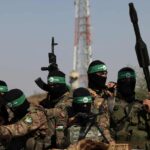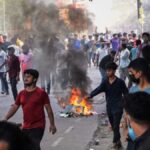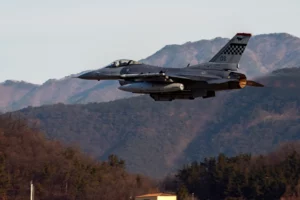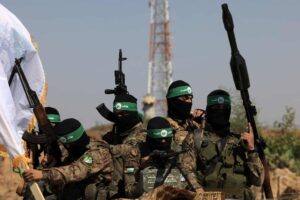Four countries saw major elections take place at the weekend with voters heading to the polls in Brazil, Bosnia and Herzegovina, Latvia and Bulgaria.
Here is everything you need to know about these polls — including who won and what that means for the rest of the world.
Bosnia
Election context
With what many consider the world’s most complex voting system, elections were held in Bosnia and Herzegovina on Sunday to decide the presidency, as well as national and regional governments.
Bosnia operates a power-sharing system designed in the Dayton Peace Agreement, which assured political representation for its three main groups — Bosniaks, Serbs and Croats — after a bloody ethnic war from 1992 to 1995.
This year’s election came in a context of economic downturn, labour shortages and corruption claims.
about:blank
Candidates mainly ran along nationalist lines with promises to serve their respective ethnic groups, but some reformist politicians hoped to focus on improving Bosnia’s economy and rule of law.
What happened?
Preliminary election results indicate that centre-left candidates who ran on fighting corruption were likely to have won seats in Bosnia’s tripartite presidency.
Denis Becirovic and Zeljko Komsic were on course to win respective Bosniak and Croat seats. However, they were likely to be joined by Zeljka Cvijanovic, a pro-Russian Serb nationalist
Nationalist parties from all three groups were expected to dominate the national and regional parliaments, based on 70% of ballots counted.
Brazil
Election context
In Brazil, the world’s fourth-largest democracy, voters faced a polarised choice between the left and the right.
President Jair Bolsonaro, in power for the last four years, has faced criticism for his handling of the COVID pandemic — which he called a “little flu”. He has also loosened protections in the Amazon rainforest amid the climate crisis.
His opponent is left-wing candidate Luiz Inacio Lula da Silva, who achieved record popularity in polls when he was president from 2003 to 2010. Lula was jailed for corruption after he left office but later had his conviction overturned.
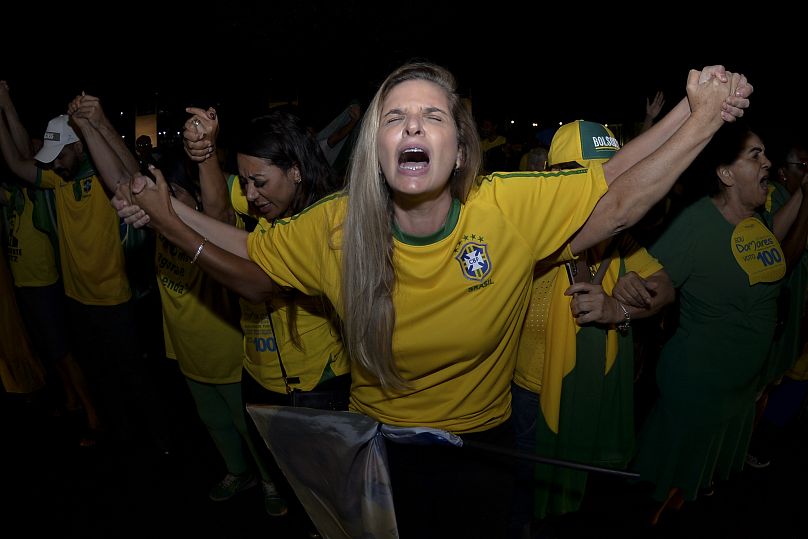
What’s happened?
The presidential election is headed for a run-off vote after Bolsonaro beat pollsters’ predictions to gain 43.3% of ballots in Sunday’s election.
Lula came ahead with 48.4% of the vote but neither candidate has a majority, meaning the race will go to a second-round vote on October 30.
Several opinion surveys had shown Lula leading Bolsonaro by 10-15 percentage points ahead of the vote.
Latvia
Election context
Sitting on Russia’s border, Latvia has seen the war in Ukraine become a dominant issue ahead of its parliamentary elections last Saturday.
Security concerns dominated national debates alongside a rift with the Russian-speaking minority, after a bill was proposed in August to limit the Russian language being used at work and in public places.
The centre-right New Unity party of prime minister Krisjanis Karins was predicted to gain the most votes, though 18 other parties were also competing to gain the minimum 5% of the vote required under Latvia’s proportional representation system.
What happened?
**Pro-Western party New Unity won Saturday’s poll**with 19% of the vote, putting Krisjanis Karins a in position to head another coalition government.
The result means Latvia should remain a leading voice alongside its Baltic neighbours Lithuania and Estonia in pushing the European Union for a decisive stance against Russia.
Karins told Reuters after the election he would be working to craft a coalition of like-minded parties that would continue to support Ukraine.
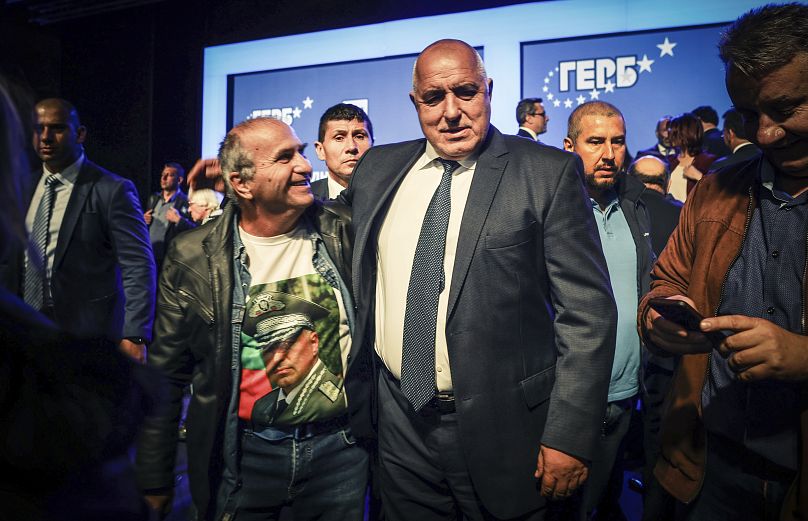
Bulgaria
Election context
Voters in Bulgaria went to the polls on Sunday for their fourth parliamentary election in fewer than two years.
Soaring energy costs were the central issue, with Bulgaria’s gas supply cut off by Russia in April after it refused to pay in roubles following Moscow’s invasion of Ukraine.
The EU member state also faced the issue of entrenched corruption, with some voters fatigued after years of political turmoil.
What happened?
The centre-right GERB, a party blamed for presiding over years of corruption, won Bulgaria’s parliament election, according to partial results.
Led by former prime minister Boyko Borissov, GERB had taken 25.4% of the vote after 99% of ballots were counted from Sunday’s poll.
The centrist anti-corruption party We Continue the Change, was second, with 20.2% of the vote.
Bulgaria now faces negotiations to build a new coalition government after the last power-sharing agreement collapsed in June.


